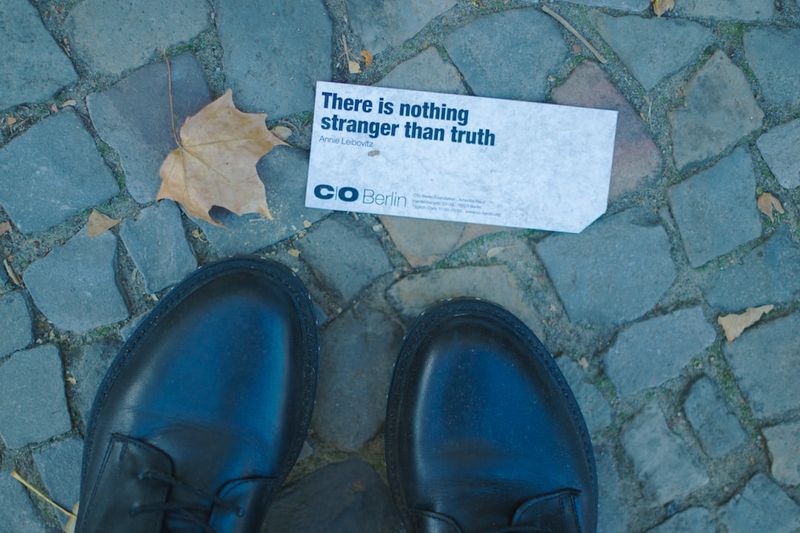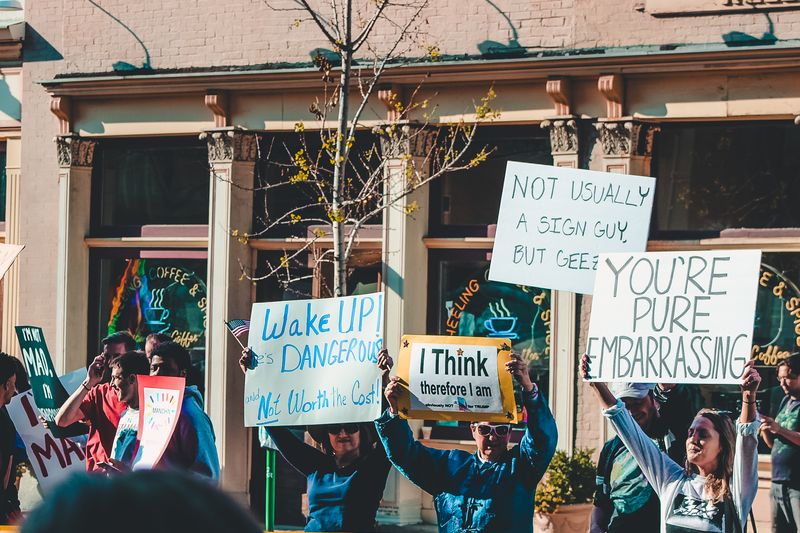Putin is not dead: Kremlin issues extraordinary denial after claims that he ‘died at his luxury Valdai forest palace’
The Denial
The Kremlin has issued an extraordinary denial over circulating claims that Russian President Vladimir Putin has died. These claims originated from a Telegram channel, which alleged that Putin died after being terminally ill for months. The unverified reports suggested that Putin had died at his Valdai palace, located just north of Moscow. However, Putin‘s spokesman dismissed the reports as “absurd information canard” and labeled them as fake news. The spokesman stated that such stories only bring a smile in the Kremlin, implying that they are baseless and not worth serious consideration.
The Background
This is not the first time rumors about Putin‘s health or even his death have circulated. Earlier this week, Putin‘s spokesman, Dmitry Peskov, had to deny reports of the president suffering a heart attack. There have also been claims that Putin uses a doppelgänger for certain events. These rumors, combined with the recent reports of his death, point to the ongoing speculation surrounding Putin‘s health and the attempts to undermine his leadership.
Philosophical Discussion
The prevalence of rumors and fake news surrounding individuals in positions of power raises important questions about truth, trust, and the role of media in modern society. In an age where information can be easily manipulated, it is crucial to critically evaluate the sources of news and exercise skepticism before accepting any information at face value.
The Role of Media
Media outlets play a critical role in disseminating information to the public, but they also bear a responsibility to verify the accuracy and reliability of the information they share. In the case of rumors about Putin‘s death, it is essential for media organizations to exercise caution and act responsibly by verifying the claims before publishing or spreading them.
Impact on Public Perception
False reports about the death of a world leader can have significant consequences for public perception, both domestically and internationally. In this case, the rumors about Putin‘s death could create uncertainty and lead to speculation about the stability of Russia’s political situation. Not only can this impact the Russian population, but it can also influence how other countries perceive and engage with Russia.
Political Manipulation
The spread of false information about Putin‘s death could be seen as a deliberate attempt to sow discord and undermine the Russian government. In an increasingly interconnected world, where disinformation campaigns are becoming more common, it is crucial for individuals, governments, and media organizations to be vigilant and employ critical thinking to identify and counteract attempts at manipulation.
Editorial: The Importance of Verifying Information
In a time when misinformation spreads like wildfire, it is more important than ever to verify the accuracy of news before accepting and spreading it. The recent rumors about Putin‘s death highlight the potential harm that false information can cause. It is the responsibility of media organizations to act as gatekeepers and ensure that only verified and accurate news reaches the public.
Trust and Distrust in Media
The prevalence of fake news erodes trust in media organizations and fuels skepticism among the public. This trust deficit can have far-reaching consequences for society as a whole. Therefore, media organizations must prioritize journalistic integrity and adhere to a strict code of ethics in their reporting.
Individual Responsibility
As consumers of news, it is also our responsibility to be discerning and critical thinkers. We should question the sources of information and seek multiple perspectives before forming opinions or sharing information. By doing so, we can actively counteract the spread of misinformation and contribute to a healthier information ecosystem.
Advice: How to Verify Information
1. Diversify Your Sources
Relying on a single source of news can lead to bias and limited perspectives. Engage with a diverse range of news outlets, both mainstream and alternative, to gain a more comprehensive understanding of the information landscape.
2. Consider the Credibility of the Source
Evaluate the credibility of the source before accepting information as true. Look for established media organizations with a track record of accurate reporting and a commitment to journalistic standards.
3. Cross-Check Information
Cross-check information by comparing it with other reliable sources. If a particular piece of news is not reported elsewhere, exercise caution before accepting it as fact.
4. Fact-Checking Websites
Consult fact-checking websites that specialize in verifying the accuracy of news stories. These websites can help provide additional context and analysis on controversial or disputed information.
5. Critical Thinking
Employ critical thinking skills when evaluating news stories. Consider the motivations behind the information being presented and question whether it aligns with known facts and evidence.
6. Seek Expert Opinion
Consult experts in the field to gain a deeper understanding of complex issues. Experts can provide valuable insights and help verify the accuracy of certain claims.
7. Utilize Social Media Wisely
Be mindful of the spread of misinformation on social media platforms. Consider the credibility of the source and be cautious about sharing information before verifying its accuracy.
8. Self-Education
Invest time in educating yourself about media literacy and critical thinking. By developing these skills, you can better navigate the modern information landscape and protect yourself from false information.
In Conclusion
The recent rumors about Putin‘s death serve as a reminder of the importance of verifying information in an era of rampant misinformation. It is crucial that individuals, media organizations, and society as a whole prioritize truth and accuracy. By exercising caution and critical thinking, we can contribute to a more informed and trustworthy public discourse.

<< photo by Oksana Manych >>
The image is for illustrative purposes only and does not depict the actual situation.
You might want to read !
- Imminent Indications: Five Instances of Vladimir Putin’s Ailing Health Revealed
- Putin’s Health Scare: Unraveling the Truth Behind Alleged Cardiac Arrest
- EU’s Foreign Policy Faces Crucial Test amid Israel-Palestine Conflict
- The Beginnings of Boris Johnson’s Televised Reign: Hosting TV Shows on GB News
- Georgia Harrison and the Battle Against Revenge Porn: Empowering Survivors and Taking a Stand
- Maine Shooting Tragedy: A Desperate Manhunt for Robert Card Unfolds
- The Ultimate Guide to PlayStation and PS5 Black Friday Deals
- “The Long-Awaited Return: Unpacking Alan Wake 2’s Confidently Strange Horror Thriller”
- “The Terrifying Success of ‘Alan Wake 2’: Reviewing the Haunting Sequel”
- “Questionable Content: The Aftermath of Complaints Surrounding Stephen Reid on ITV’s Coronation Street”
- The Ultimate Guide to October Prime Day Deals in the UK: Unbeatable Discounts Await!
- Navigating the Royal Roadblock: Temporary Closure of Princess Way for Essential Maintenance
- “Night Czar Boosts London’s Nightlife as Clocks Turn Back”
- Exploring the Online Streaming Options for the Bournemouth vs Wolves Match
- The Ultimate Guide: How to Watch the Bournemouth vs Wolves Match




